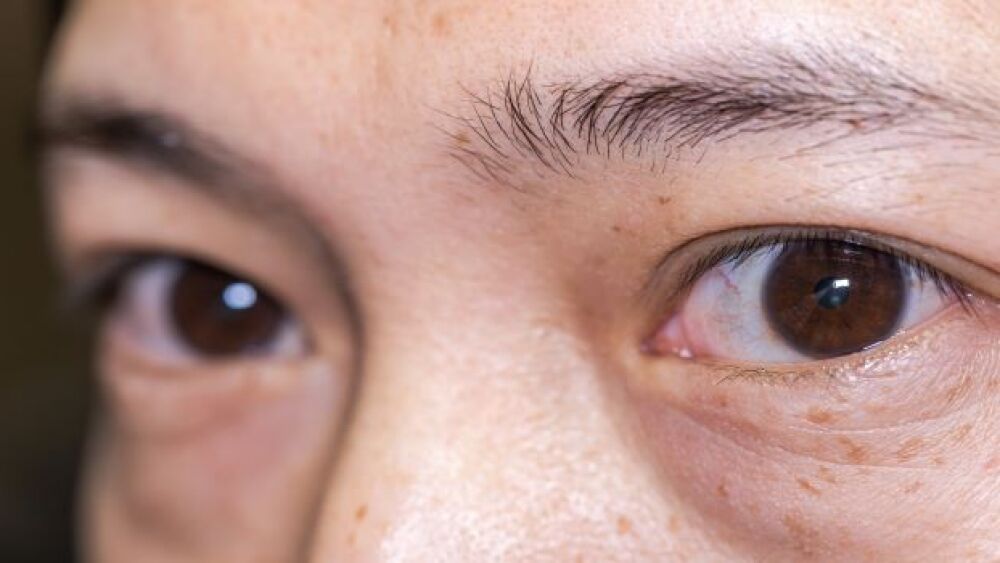After announcing topline data from two identical Phase III trials, Roche’s Genentech has doubled down on data and are now showing positive results from four studies for its newest blindness-fighting treatment.
After announcing topline data from two identical Phase III trials, Roche’s Genentech has doubled down on data and is now showing positive results from four studies for its newest blindness-fighting treatment.
Faricimab is an injectable treatment to maintain the vision of patients with diabetic macular edema (DME) and neovascular age-related macular degeneration (nAMD). These are two of the leading causes of blindness with nAMD responsible for 90% of all blindness resulting from AMD.
Genetech’s Lucentis was the first FDA-approved drug proven to restore sight in nAMD patients. Since 2006 it had been a game-changer in the ophthalmology world. But then Regeneron’s Eylea came in as the main contender and the companies have had to share the market since 2011.
Genentech is now stepping it up with faricimab, a new class of medicine. Instead of focusing on the single protein target VEGF, like Lucentis and Eylea, faricimab is a bispecific antibody. The drug targets two distinct pathways - via angiopoietin-2 (Ang-2) and VEGF-A. This approach both reduces the growth of blood vessels on the retina like its predecessors and stabilizes vessels to reduce inflammation in the eye.
The treatment also gets a major leg up from proof of ability to go longer between injections.
Patients are understandably put off by an injection to the eyeball. Couple that with fears over COVID-19 exposure and sales of current Lucentis treatments seriously dipped in 2020 by 16%, about $1.6 billion.
Lucentis injections were needed monthly for most patients. Competitor Eylea was needed monthly or bi-monthly, depending on the patient. The burden of treatment has proven to lead to under-treatment and therefore less than optimal outcomes for patient’s vision.
“Faricimab’s potential to extend time between treatments may benefit those patients who struggle to keep up with the regular physician visits and eye injections needed to preserve their vision,” said Jeffrey Heier, M.D., Director of Retinal Research at Ophthalmic Consultants of Boston in Boston, Mass.
Genentech’s clinical trial design was the proof in the pudding for this new drug. The four studies consistently showed faricimab to be just as effective as competitor Eylea even when administered at longer intervals. Half of the patients were able to be treated effectively once every four months. About 75% were eligible for treatment every three months or longer. Both are a major improvement to patient convenience compared to monthly or even bi-monthly injections.
“These positive results show the potential for faricimab as the first new type of medicine in 15 years for people with neovascular age-related macular degeneration and in close to a decade in diabetic macular edema,” said Levi Garraway, M.D., Ph.D., chief medical officer and head of Global Product Development. “This is an exciting time for our ophthalmology clinical development program, with multiple Phase III successes for two medicines from our late-stage pipeline. We hope to bring these potential treatments to people living with vision-threatening retinal conditions as soon as possible.”
Genentech has not yet announced when they will seek FDA approval for faricimab but experts anticipate an aggressive timeline.






